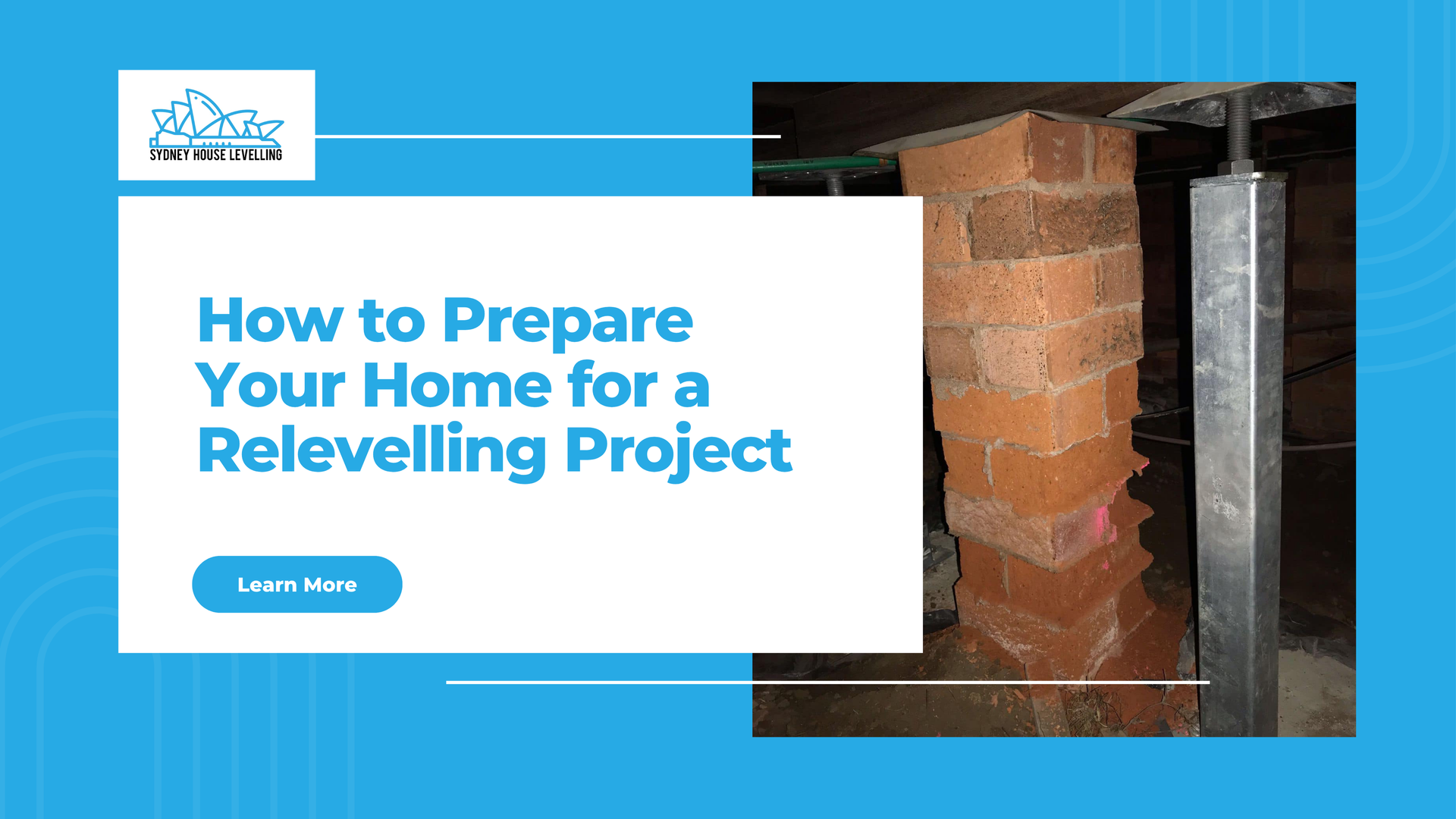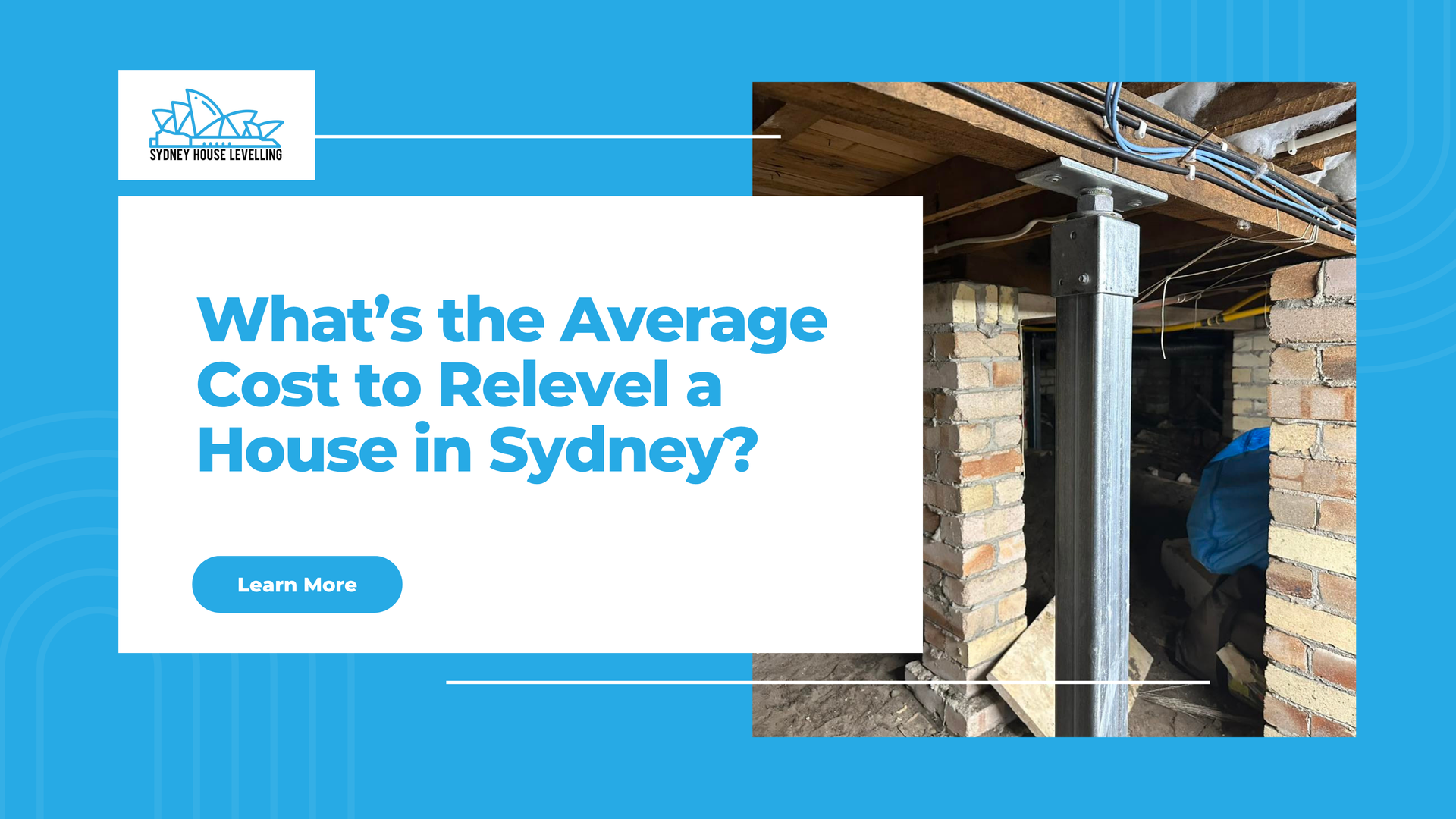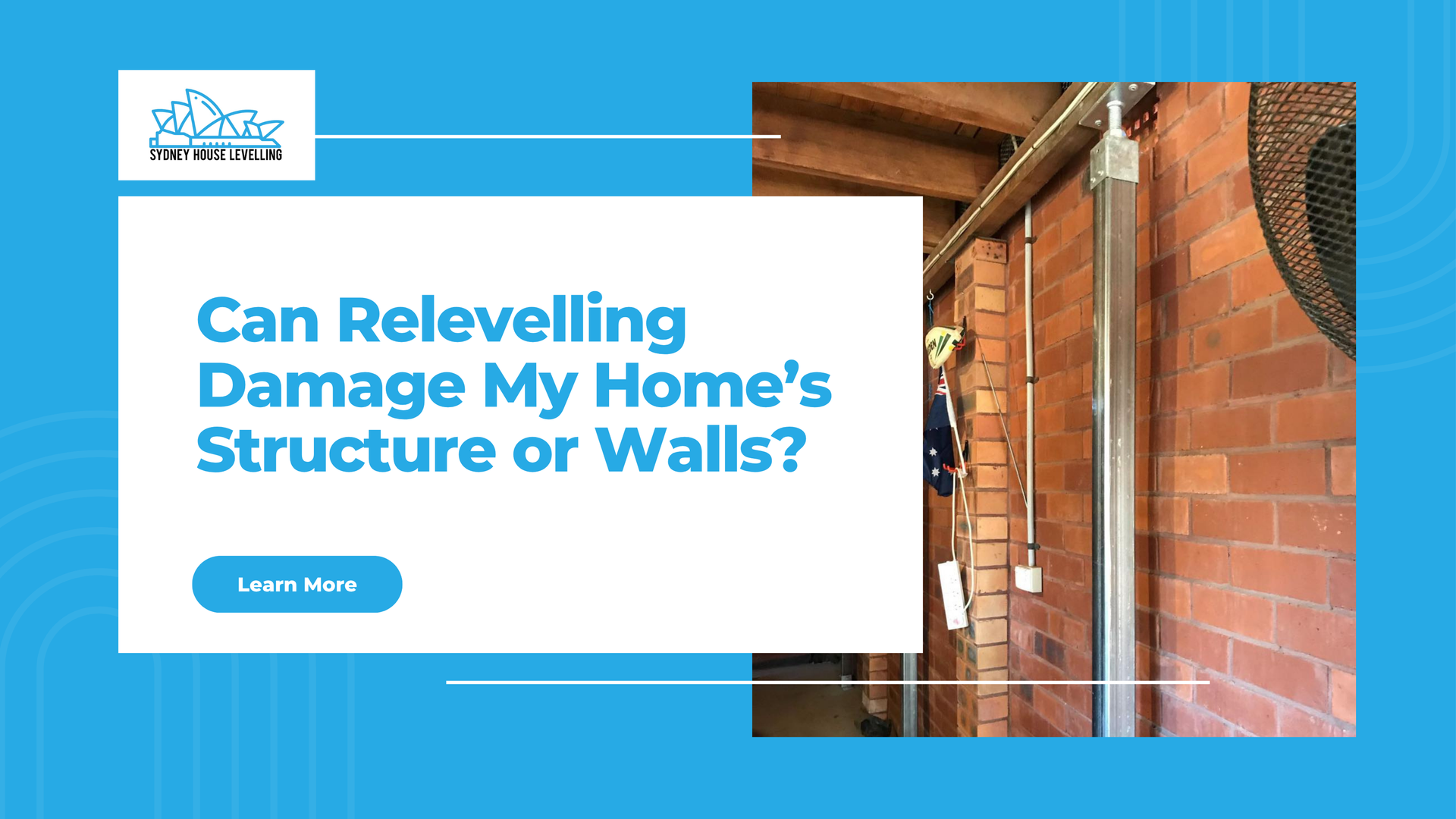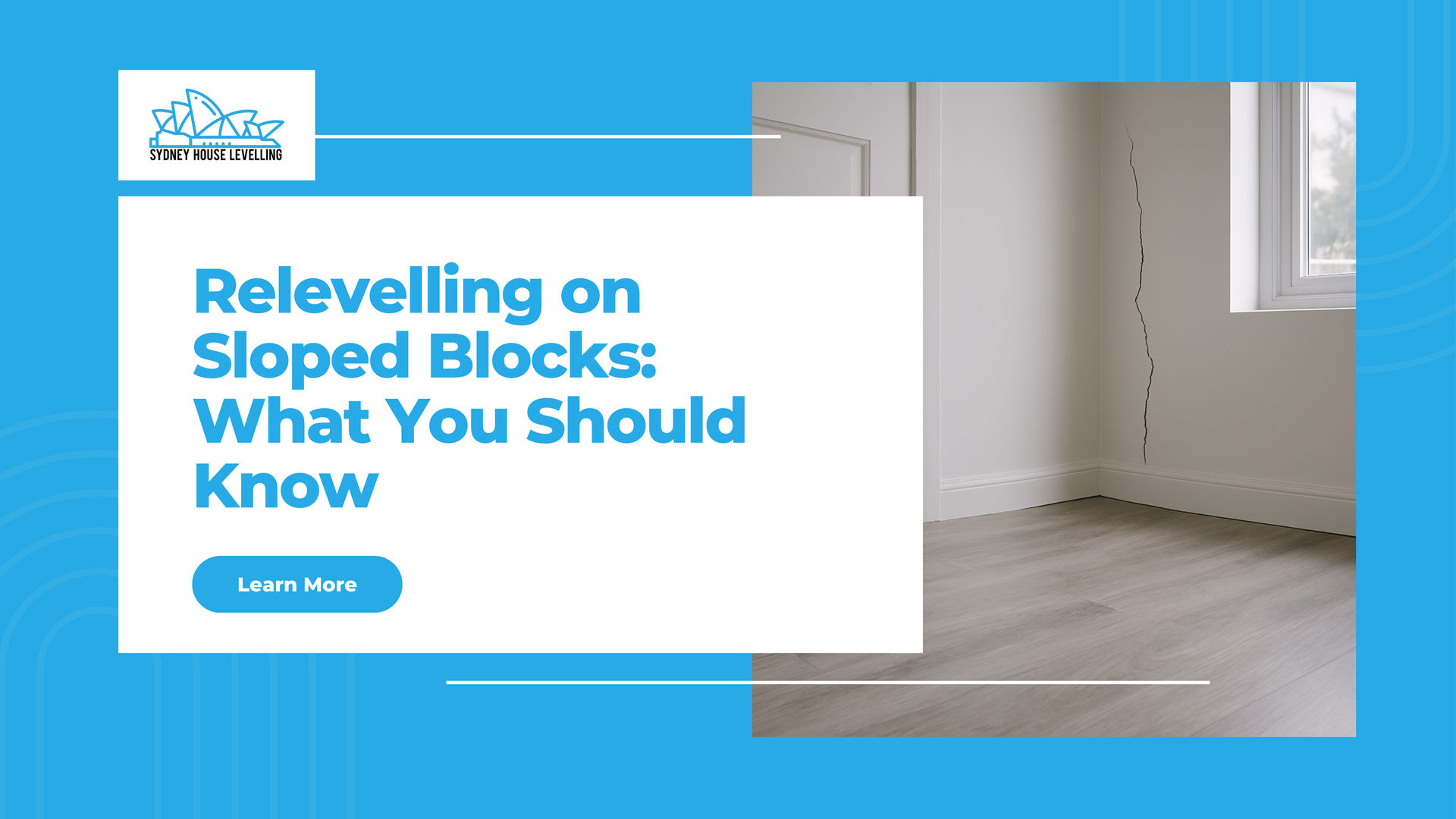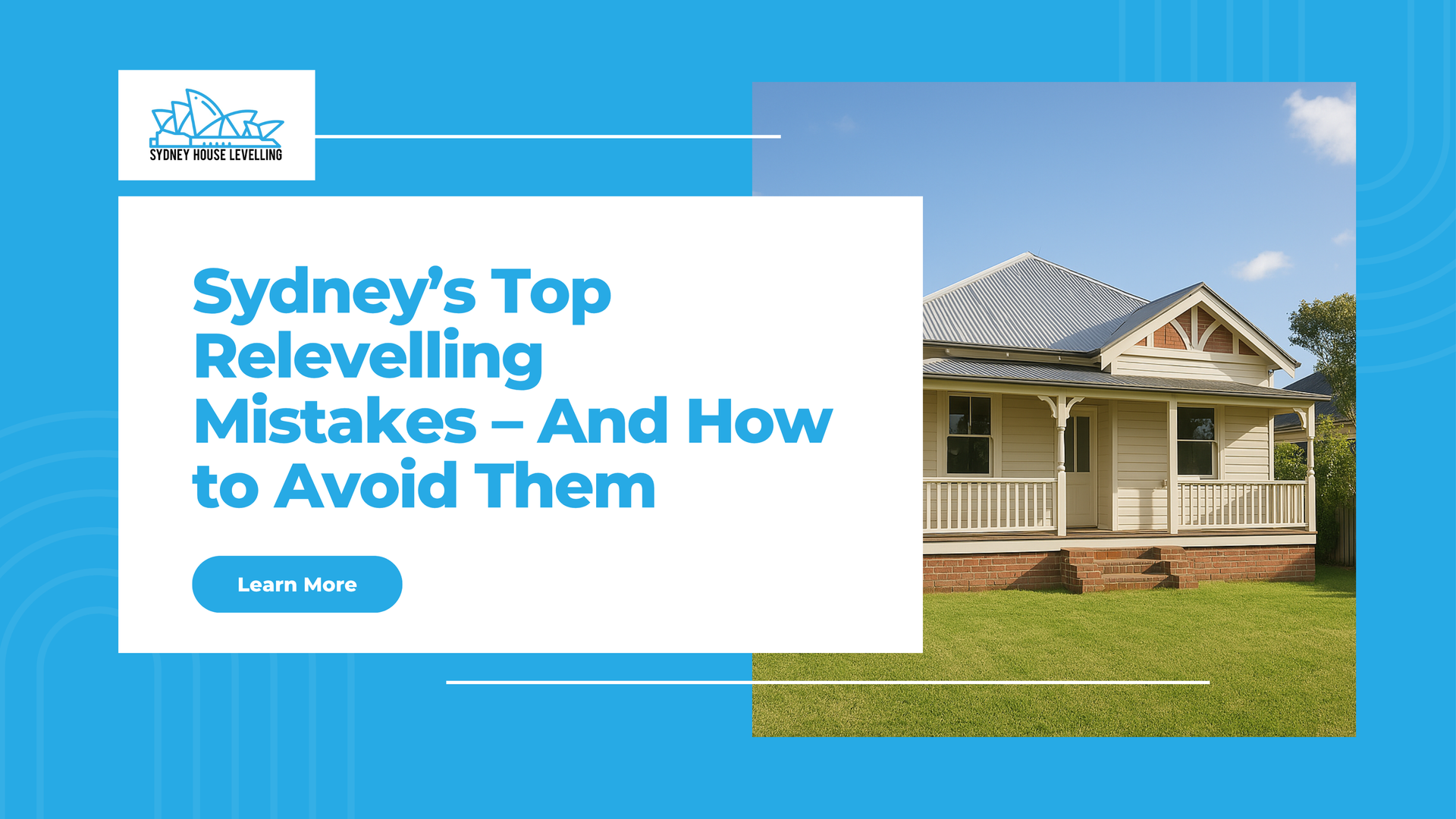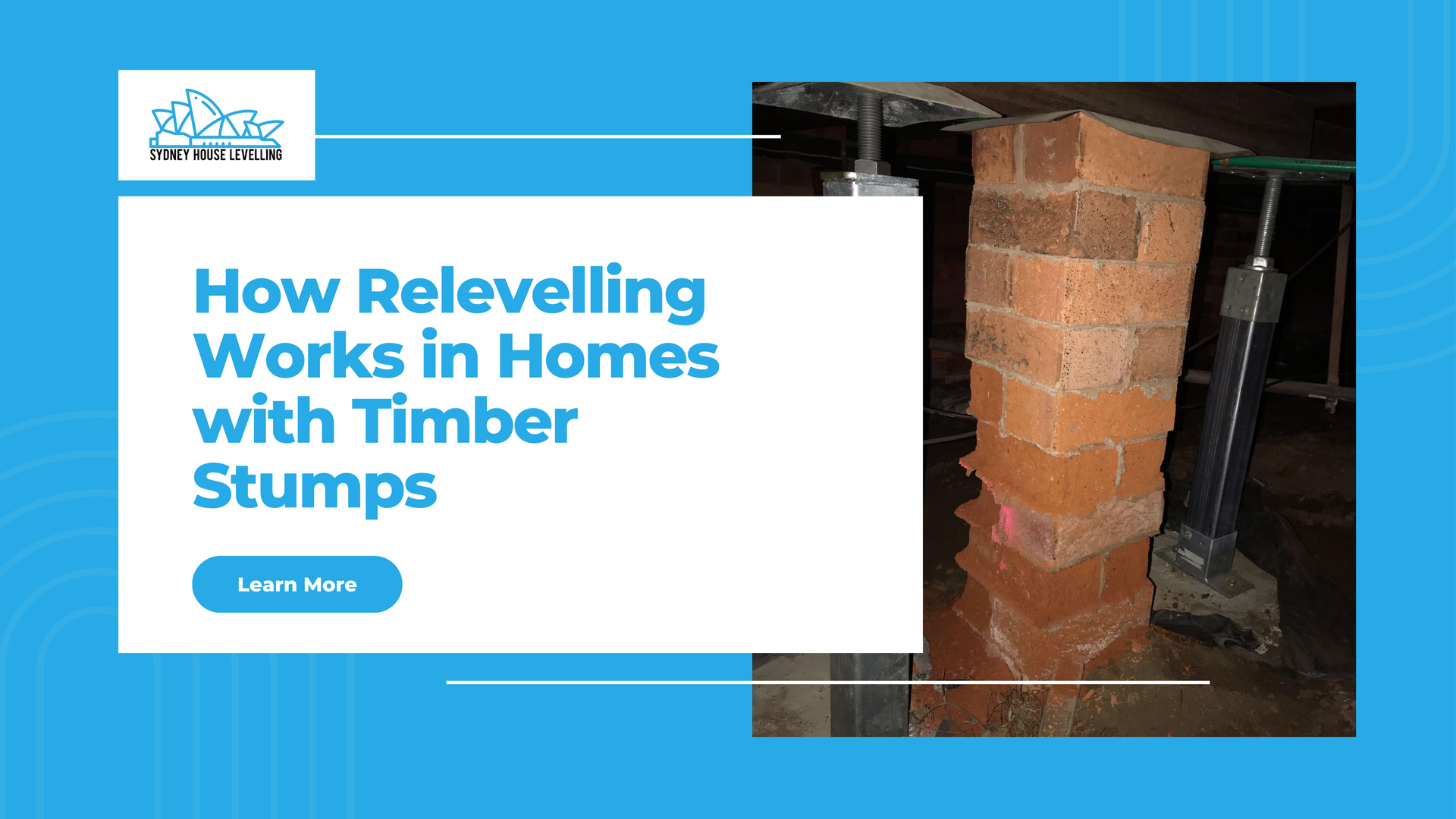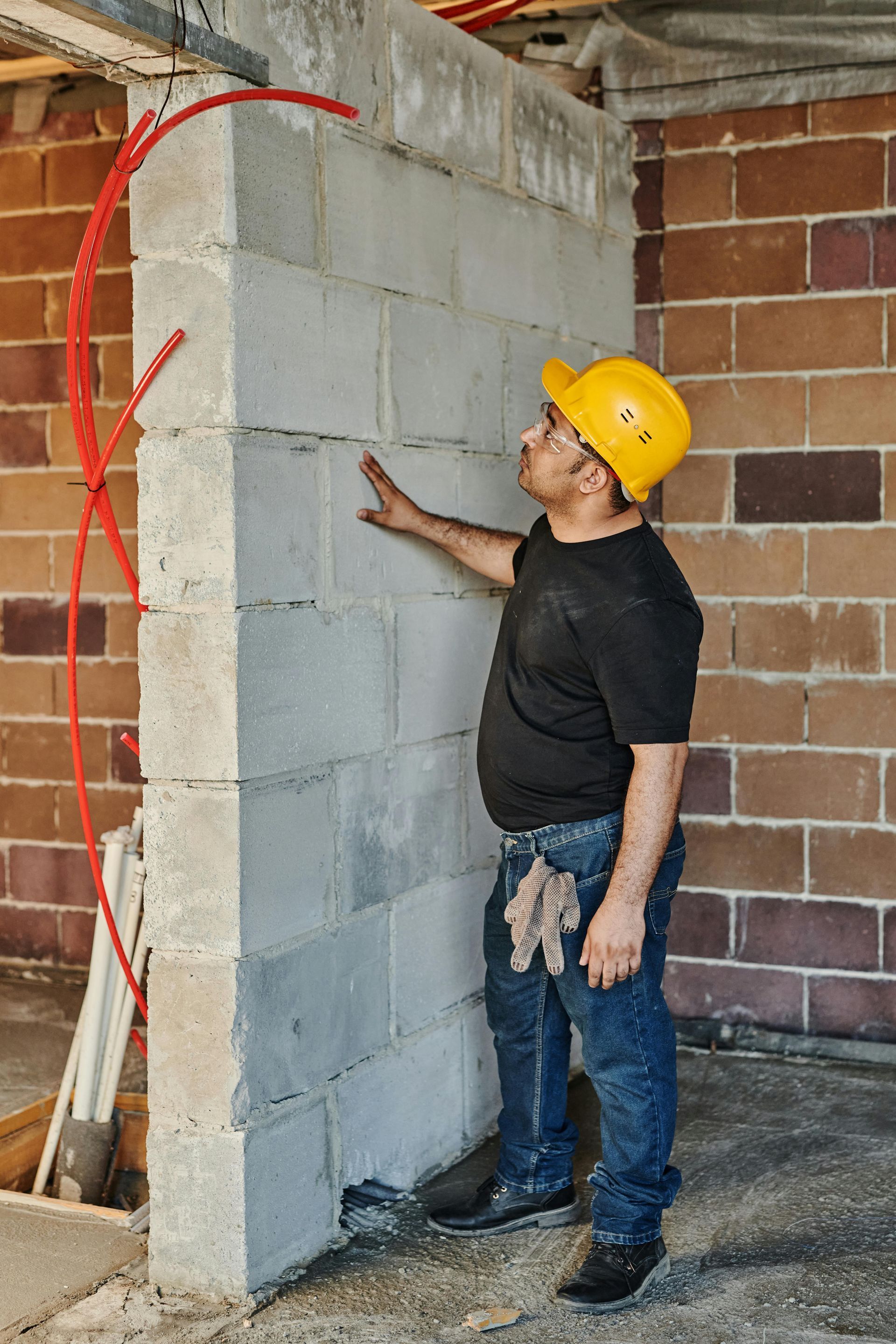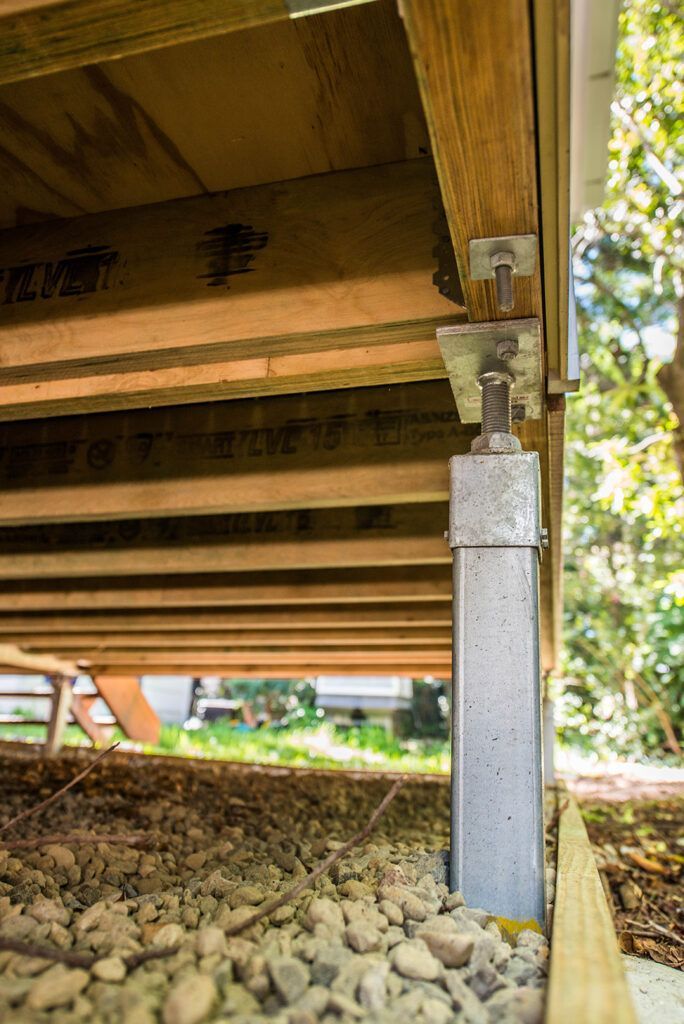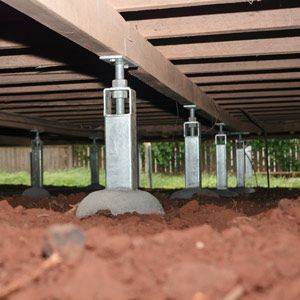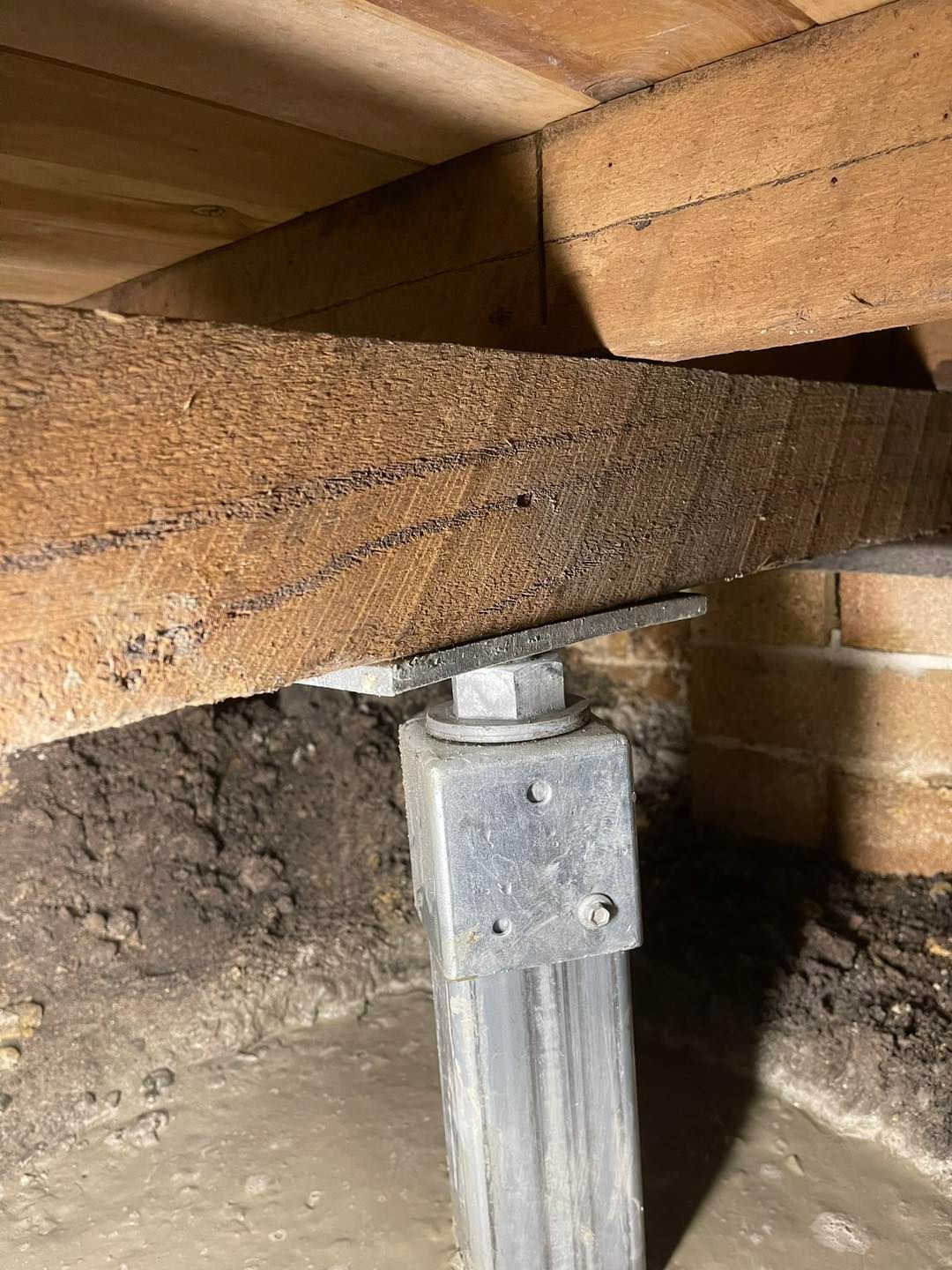What Happens If You Don’t Level a House?
What Happens If You Don’t Level a House?
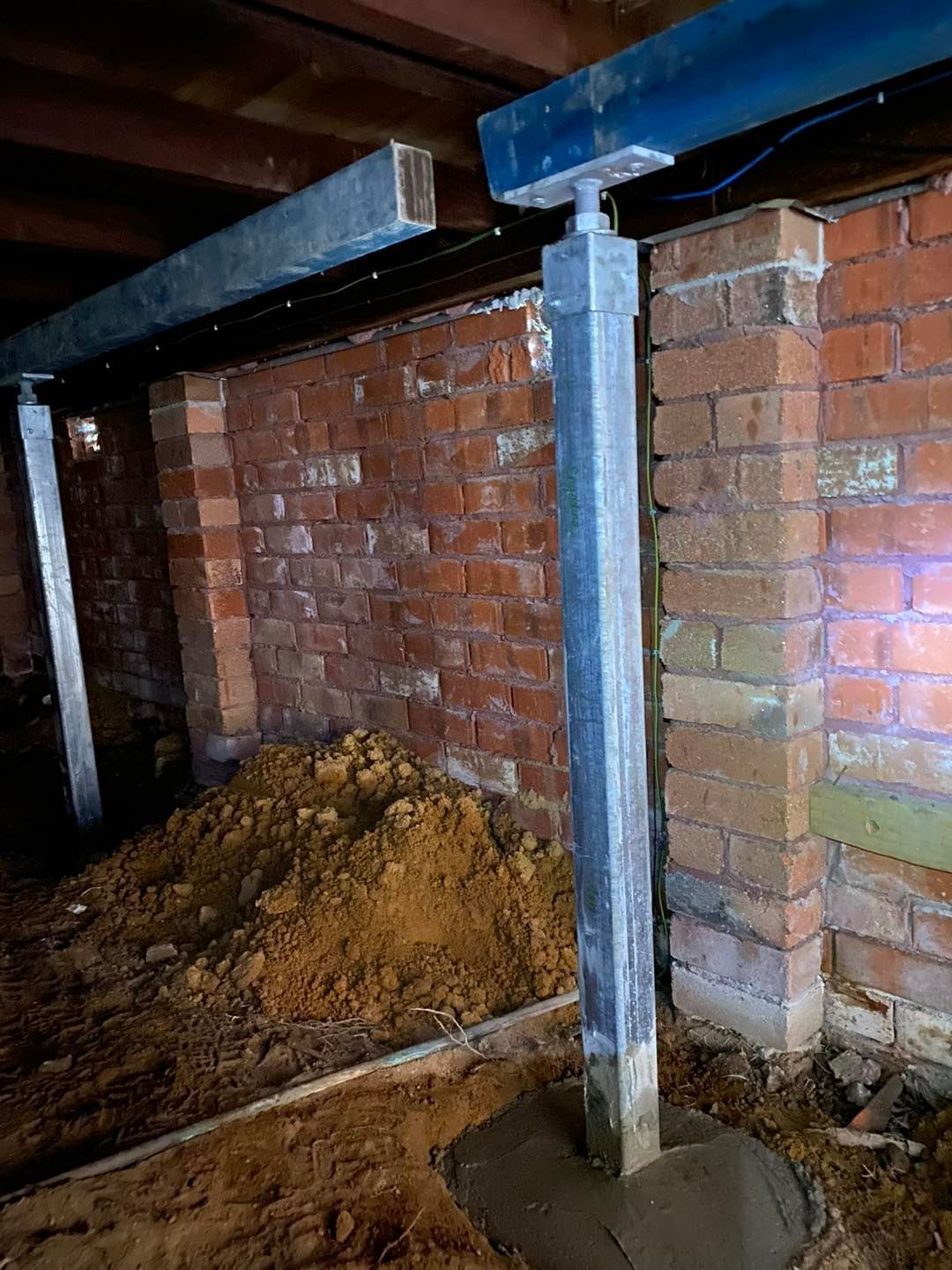
You’ve noticed the floors are a bit off. Maybe the front door’s started sticking, or there’s a crack in the hallway wall that wasn’t there last year. You’re pretty sure something’s shifting under the house — but is it really a big deal?
Short answer: yes. Ignoring signs that your home needs house levelling can lead to bigger, more expensive, and more dangerous problems down the track.
Let’s break down what can happen if you delay or avoid structural levelling.
1. Cracks Will Get Worse
What starts as a small hairline crack can turn into a gaping one if the foundation keeps moving. You’ll likely notice:
- Wall and ceiling cracks spreading
- Gaps forming around windows or skirting boards
- Cracks in brickwork or render on the outside
These aren’t just cosmetic. They’re signs the home is under stress — and the longer it goes unaddressed, the more serious the structural damage can become.
2. Floors Will Become Unsafe
Uneven floors don’t just look bad — they can be dangerous. If your floors are sagging, sloping, or bouncy, it can lead to:
- Tripping hazards, especially for kids and older adults
- Furniture shifting or becoming unstable
- Doors and windows jamming more frequently
- Long-term damage to flooring materials like tiles or floorboards
Without floor levelling, you may even reach a point where the flooring starts to collapse in spots.
3. Damage Will Spread to Plumbing and Fixtures
As the home shifts, so does everything attached to it — including your pipes and fittings. Over time, you may start to see:
- Leaking pipes or cracked joints
- Warped cabinetry or misaligned benchtops
- Broken tiles in kitchens and bathrooms
- Pressure on drainage systems
These repairs are often more expensive than levelling would have been in the first place.
4. Your Home’s Value Will Drop
A home with visible movement issues is a red flag to buyers. Even if you’re not planning to sell now, unlevel foundations can:
- Reduce your property’s resale value
- Scare off buyers or lead to lowball offers
- Make finance or insurance approval harder
Fixing the problem early with proper house levelling is a smart investment — one that pays off in long-term stability and value.
5. The Repair Costs Will Only Go Up
Like most structural issues, the longer you wait, the worse (and more expensive) it gets. What could’ve been solved with simple reblocking or partial structural levelling might eventually require full underpinning, major excavation, or slab repairs.
In some cases, avoiding levelling entirely can lead to foundation failure — which is a massive, high-cost repair.
Don’t Wait Until It’s Too Late
At Sydney House Leveling, we always say: if something feels off, get it checked. Most house levelling Sydney jobs are more affordable and less invasive than people expect — especially when caught early.
We offer:
- Free inspections
- Honest, no-pressure advice
- Custom plans to suit your budget and structure
Let’s make sure your home stays solid, safe, and standing strong — for the long run.

